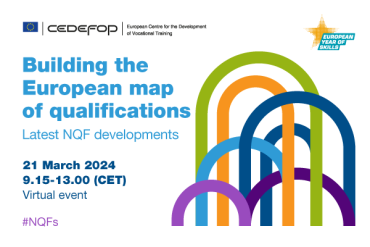| 9.15-9.30 |
Online access - technical tests |
| 9.30-9.45 |
Welcome and introduction
- Loukas Zahilas, Head of department for VET and qualifications (DVQ), Cedefop
Opening address
- Jürgen Siebel, Executive Director, Cedefop
|
|
9.45-10.15
|
Chair: Loukas Zahilas, Head of department, Cedefop
Keynote speech
Transparency and transferability of learning outcomes: a 20-year journey
- Zelda Azzarà, Expert, Cedefop
- Iraklis Pliakis, Expert, Cedefop
|
|
10.15-11.15
|
Chair and moderator: Carita Blomqvist, Expert, Cedefop
Panel discussion
Transparency and transferability of learning outcomes: past achievements, current obstacles and way forward
- Koen Nomden, Team leader, DG EMPL, European Commission –
- Eduard Staudecker, Head of department, Austrian Federal Ministry for Education, Science and Research
- Brikena Xhomaqi, Director, Lifelong Learning Platform
- Lauri Tuomi, Executive board member of the European Association for the Education of adults (EAEA) Executive board and CEO of the Finnish Lifelong Learning Foundation (KVS)
|
|
11.15-11.20
|
SLIDO |
| 11.20-11.40 |
Coffee break |
| 11.40-11.55 |
Chair: Zelda Azzarà, Expert, Cedefop
Ongoing work: changes for citizens in 2000-20 and future policy scenarios
- Kari Hadjivassiliou, Project leader, Tavistock Institut gGmbH
|
| 11.55-13.05 |
Parallel breakout sessions
Session 1: European policy initiatives on transparency and transferability of learning outcomes: synergies, success and future pathways
Moderator: Zelda Azzarà, Expert, Cedefop
- Presentation: Giorgia Iacopini, Research team leader, Tavistock Institut gGmbH
Rapporteur: Maya Ivanova, Policy Officer, European Commission
Questions for discussion
- To what extent have EU policies on transparency and transferability of learning outcomes been working in synergy? Which initiatives can be considered as successful and why?
- Reflecting on past experiences, what fundamental lessons should guide and shape future policy choices? Which aspects and areas would require improvement or further cooperation to support lifelong and life-wide learning?
|
| 11.55-13.05 |
Session 2: Past and present barriers to lifelong and life-wide learning
Moderator: Iraklis Pliakis, Expert, Cedefop
- Presentation: Manuela Samek Lodovici, Research team leader, Istituto per la Ricerca Sociale
Rapporteur: Ernesto Villalba Garcia, Expert, Cedefop
Questions for discussion
- Over the past 20 years, which barriers to lifelong and life-wide learning have European and national policy initiatives reduced, from a transparency of systems and transferability of learning outcomes perspective? Which policy initiatives have contributed the most?
- Which barriers persist or have emerged? What aspects would need further attention in the future?
|
| 11.55-13.05 |
Session 3: Exploring past and present trends and their influence on future policy developments on lifelong learning
Moderator: Anastasia Pouliou, Expert, Cedefop
- Presentation: Thomas Spielhofer, Research Team Leader, Tavistock Institut gGmbH
Rapporteur: Nicola Stokes, Deputy project leader, Tavistock Institut gGmbH
Questions for discussion
- Reflecting on the past two decades and the current landscape at European level, what have been the prevailing trends and priorities in supporting lifelong learning? How might these past trends influence and shape future European policies on lifelong learning?
- Reflecting on the past two decades and the current landscape at national level, what have been the prevailing trends and priorities in supporting lifelong learning? How might these past trends influence and shape future national developments on lifelong learning?
|
| 13.05-13.20 |
Chair: Zelda Azzarà, Expert, Cedefop
Report back from breakout sessions
Speakers: rapporteurs from breakout sessions
|
| 13.20-13.30 |
Concluding remarks and work ahead
- Zelda Azzarà, Expert, Cedefop
- Loukas Zahilas, Head of Department, Cedefop
|
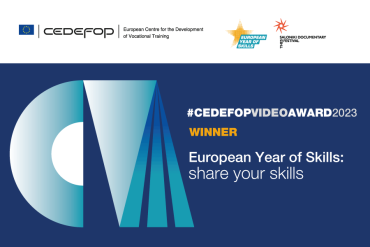
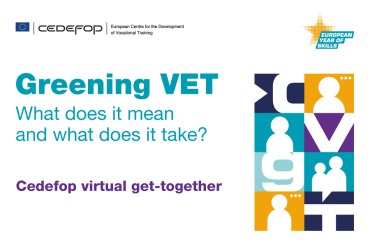

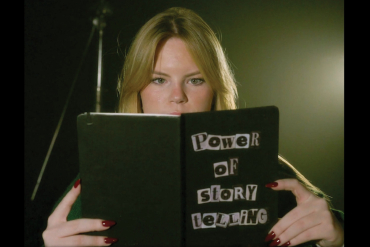
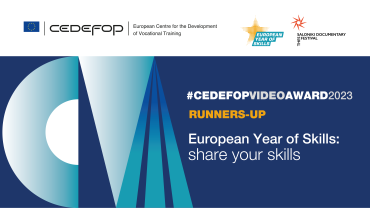
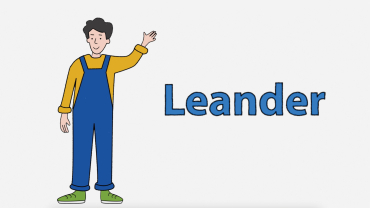
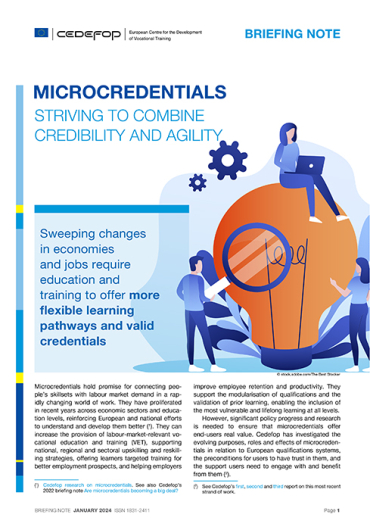
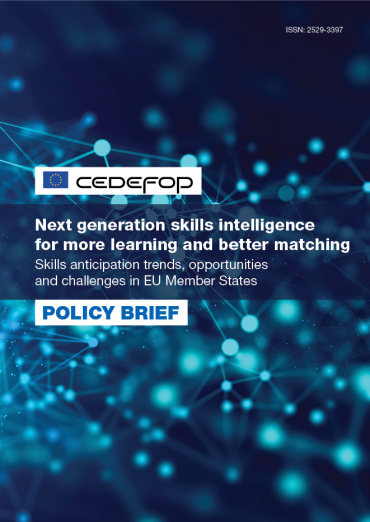
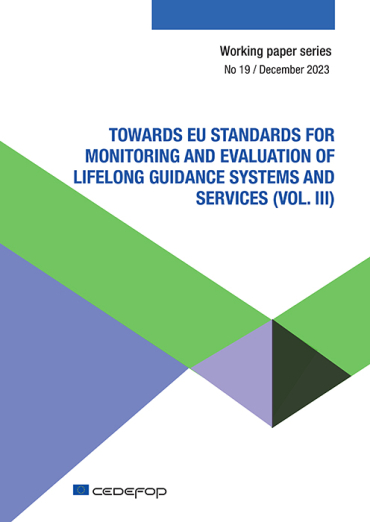
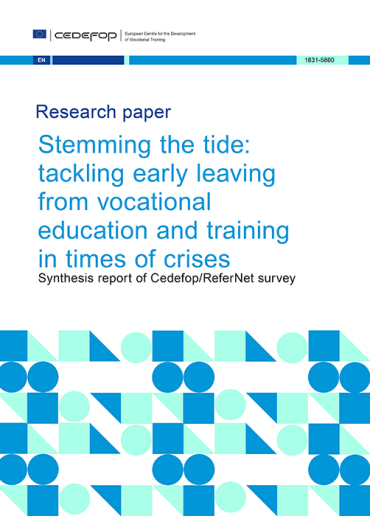
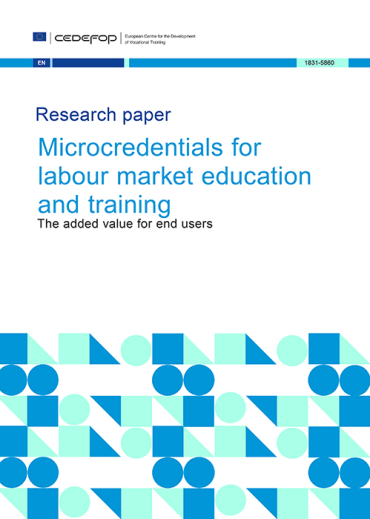
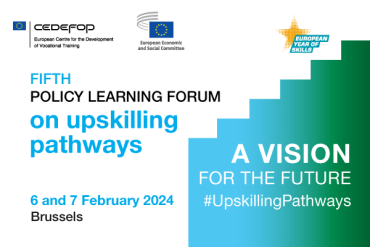
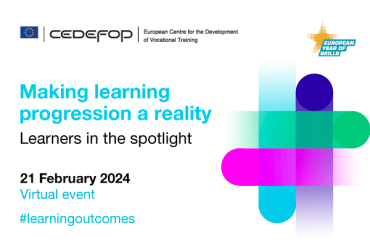
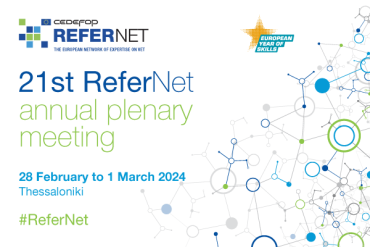
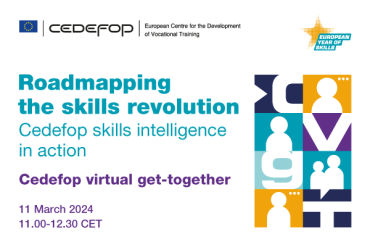
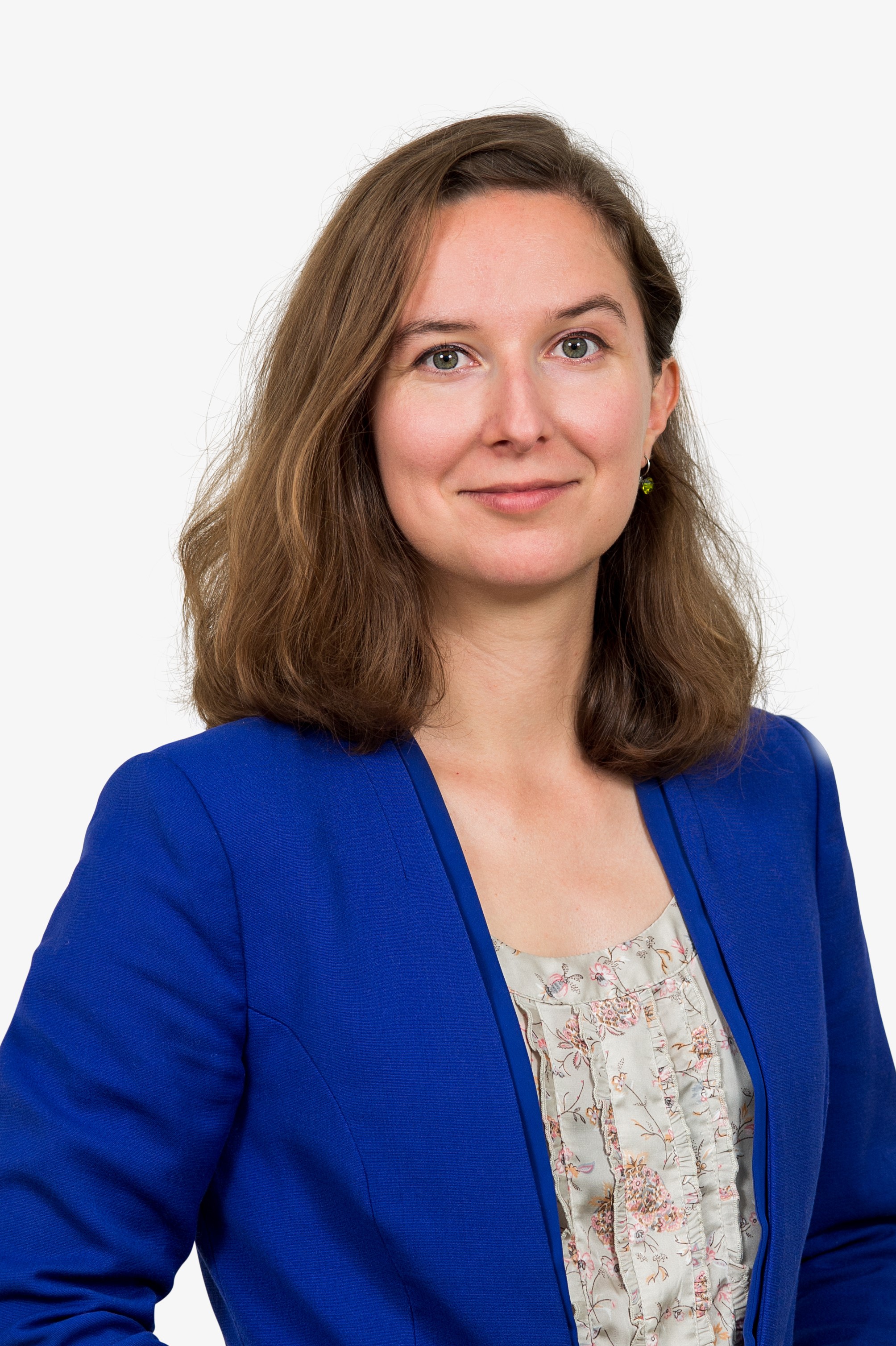 Julie Beaufils is the Secretary General of EuropeOn, the European electrical contractors’ association since 2020. Founded in 1954, EuropeOn is the voice of the professionals who “switch Europe ON” by operating electrical systems in buildings and infrastructures, including rooftop solar panels, energy management systems and electric vehicles’ charging points. Julie is also in charge of the Skills4Climate campaign, raising awareness on the shortages in skilled professionals and the need to fiercely promote technical education, an issue that will considerably weigh on Europe’s ability to deliver the energy transition. EuropeOn is currently chairing the Electrification Alliance network.
Julie Beaufils is the Secretary General of EuropeOn, the European electrical contractors’ association since 2020. Founded in 1954, EuropeOn is the voice of the professionals who “switch Europe ON” by operating electrical systems in buildings and infrastructures, including rooftop solar panels, energy management systems and electric vehicles’ charging points. Julie is also in charge of the Skills4Climate campaign, raising awareness on the shortages in skilled professionals and the need to fiercely promote technical education, an issue that will considerably weigh on Europe’s ability to deliver the energy transition. EuropeOn is currently chairing the Electrification Alliance network. Jiri Branka is a Cedefop expert in the Department for VET and Skills. He leads the Skills Intelligence project and works on connecting of outcomes of various Cedefop's projects in the agency's skills intelligence products and visualizations.
Jiri Branka is a Cedefop expert in the Department for VET and Skills. He leads the Skills Intelligence project and works on connecting of outcomes of various Cedefop's projects in the agency's skills intelligence products and visualizations.  Stelina Chatzichristou is an expert in the Department for VET and skills at Cedefop, the European Centre for the Development of Vocational Training.
Stelina Chatzichristou is an expert in the Department for VET and skills at Cedefop, the European Centre for the Development of Vocational Training.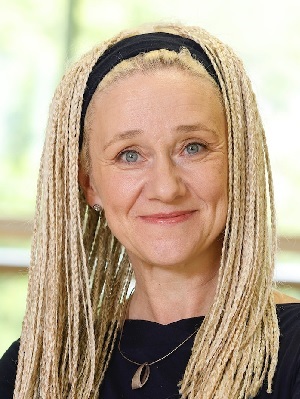 Jaana Kettunen is Professor of lifelong guidance at the Finnish Institute for Educational Research (FIER) of the University of Jyväskylä. Currently, she is the President of the International Association for Educational and Vocational Guidance (IAEVG). She is a nominated national expert for Cedefop´s CareersNet network of independent experts, and member of its Advisory group.
Jaana Kettunen is Professor of lifelong guidance at the Finnish Institute for Educational Research (FIER) of the University of Jyväskylä. Currently, she is the President of the International Association for Educational and Vocational Guidance (IAEVG). She is a nominated national expert for Cedefop´s CareersNet network of independent experts, and member of its Advisory group.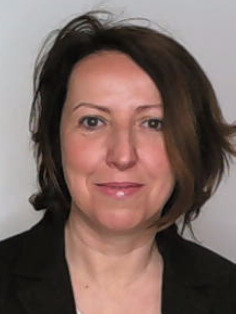 Diana Marcello is Senior Policy Advisor for Skills at Unioncamere Europa.
Diana Marcello is Senior Policy Advisor for Skills at Unioncamere Europa.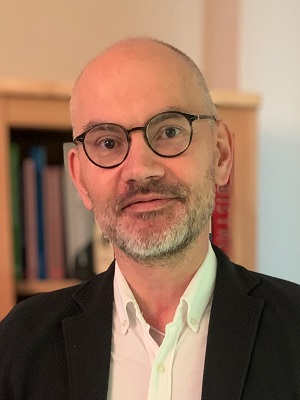 Jasper Van Loo is coordinator of Cedefop’s department for VET and Skills.
Jasper Van Loo is coordinator of Cedefop’s department for VET and Skills.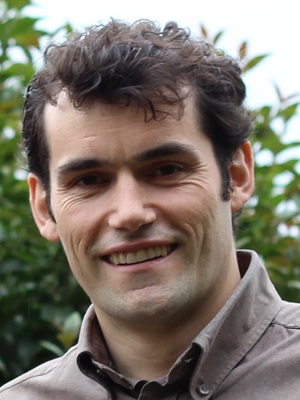 Ernesto Villalba-Garcia has worked at Cedefop since 2011.
Ernesto Villalba-Garcia has worked at Cedefop since 2011. Peter C. Weber, since 2016 Professor for Career Guidance & Counselling at University of Applied Labour Studies Mannheim. Research in Career Guidance/Counselling.
Peter C. Weber, since 2016 Professor for Career Guidance & Counselling at University of Applied Labour Studies Mannheim. Research in Career Guidance/Counselling.